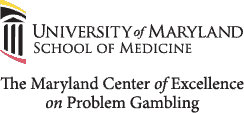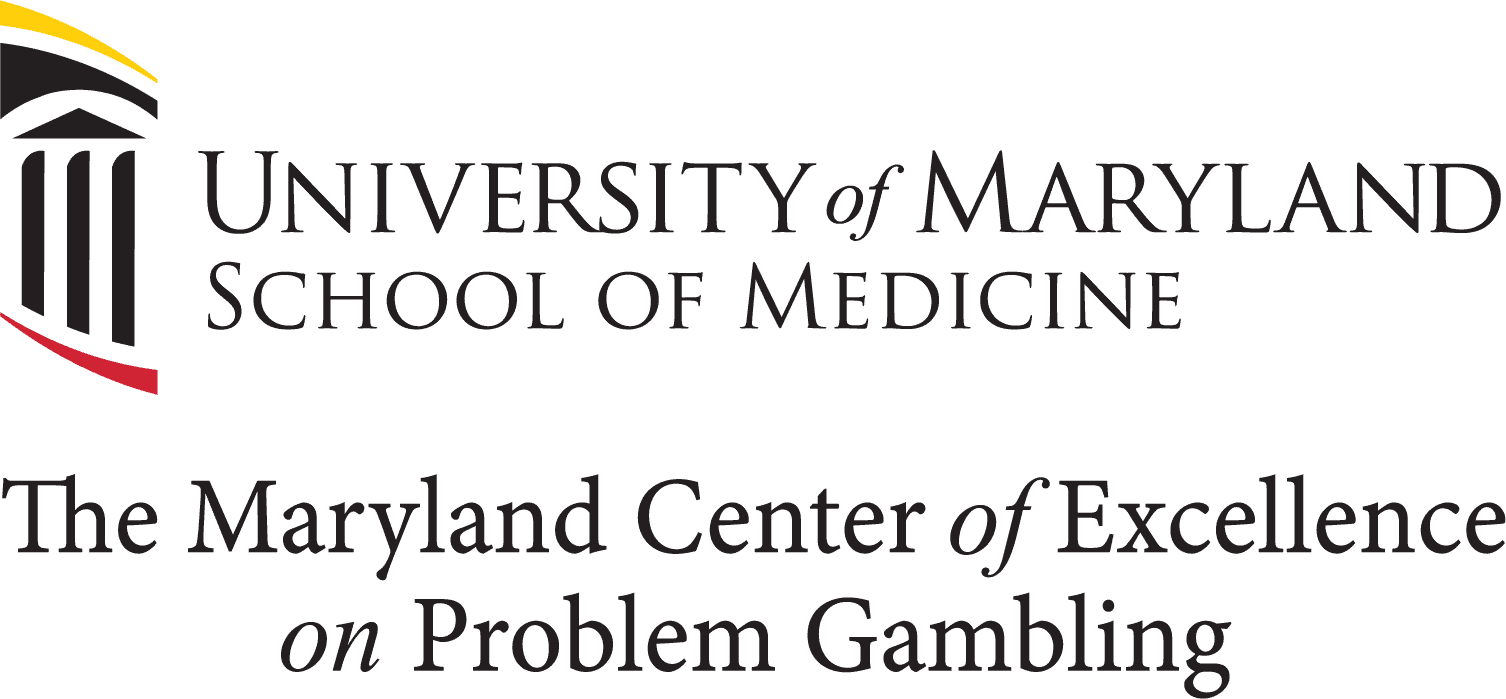We invite you to join us for the 2018-2019 series of free webinars designed to provide additional problem gambling clinical training on a variety of topics. One (1) CEU will be offered for each webinar. All webinars are one (1) hour, 12:00-1:00 PM EST.
Friday, October 26, 2018 – “Suicide and Gambling”
Presented by: Mary Drexler, MSW, Program Director
Summary:
Problem Gambling is the addiction with the highest rate of suicide. There is significant loss affiliated with gambling addiction. This addiction goes beyond impacting the individual with the addiction. The family also will likely experience the overwhelming devastation that often occurs when gambling behavior is out of control. This workshop will highlight how gambling addiction places all those impacted by the addiction a greater risk for suicide ideation, thoughts, and attempts.
Learning Objectives – Attendees should be able to:
-Learn the risk factors and warning signs for suicide
-Learn the risk factors and warning signs for gambling addiction
-Gain an understanding of how suicide is a greater risk for individuals and/or their family members dealing with a gambling addiction
Friday, November 16, 2018 – “Gambling Problems Among Military and Veterans”
Presented by: Lori Rugle, Ph.D.
Learning Objectives – Attendees should be able to:
-Identify scope of problem gambling in active duty military and veteran populations
-Identify problem gambling risk factors for those serving in the military
-Adapt treatment strategies to best align with military and veteran groups
Friday, December 21, 2018 – “Addressing Financial Impact of Gambling on Individuals and Families”
Presented by: Lori Rugle, Ph.D.
Learning Objectives – Attendees should be able to:
-Utilize motivational strategies to address financial issues among individuals and families dealing with problem gambling
-Develop recovery oriented money management and money protection planning with clients
-Utilize harm reduction strategies to help alleviate financial risks for those who gamble problematically
Friday, January 25, 2019 – “The 12 Steps and Self-Forgiveness”
Presented by: Lori Rugle, Ph.D.
Learning Objectives – Attendees should be able to:
-Define key components of a program of self-forgiveness
-Identify how each of the 12 steps contributes to ability to alleviate shame and guilt
-Utilize 12 step and counseling strategies to assist clients in the capacity to forgive themselves for harms created by gambling behavior
Friday, February 22, 2019 – “Have the Conversation: Problem Gambling Awareness”
Presented by: Mary Drexler, MSW, Program Director
Learning Objectives – Attendees should be able to:
-Understand the risks and identify some of the warning signs that may be associated with gambling.
-Learn talking points that can be incorporated into conversation around the topic of gambling – with colleagues, friends, family and clients.
-Implement conversation strategies for talking with special populations, e.g. youth, older adults
-Create a gambling/problem gambling awareness activity plan to implement within their own communities.
Friday, March 22, 2019 – “Deepening Cognitive Behavioral Treatment Strategies for Gambling Disorder”
Presented by: Lori Rugle, Ph.D.
Summary and Objectives:
Cognitive Behavioral strategies are among the clearest evidence based practices for the treatment of gambling disorder. This webinar will explore ways that CBT approaches can be deepened to help engage individuals in treatment for gambling disorder. We will review ways that CBT, motivational enhancement and mindfulness strategies can be combined to best meet client needs and improve treatment outcomes.
Friday, April 26, 2019 – “Gambling Problems Among Individuals with Serious Mental Illness”
Presented by: Lori Rugle, Ph.D.
Learning Objectives:
-Identify the impact of gambling among individuals diagnosed with serious mental illness.
– Identify at least three common perceived benefits of gambling for individuals with serious mental illness.
-Identify treatment approaches to address gambling problems among those with serious mental illness.
Friday, May 31, 2019 – “Problem Gambling Peer Support Specialists: The Power of Peers for the Road to Recovery”
Presented by: Mary Drexler, MSW, Program Director
Summary and Learning Objectives:
The idea of using peers to help people in recovery find the resources they need is gaining wider acceptance around the country in places battling addiction. It’s a long road back from addiction and all persons in recovery need the support of others. In Maryland, the Maryland Department of Health Behavioral Health Administration has funded Problem Gambling Peer Support Specialists to be a support to individuals and families dealing with problem gambling and gambling disorder and assist them to access the basic resources that will enhance their treatment and recovery. In addition, Problem Gambling Peer Support Specialists can enhance the already existing peer support programs and treatment delivery systems to provide a more comprehensive approach to treatment and recovery.
-Understand peer recovery support and how it relates to the treatment delivery system.
-Identify the Problem Gambling Peer Support services available in Maryland for Individuals and families.
-Recognize how Problem Gambling Peer Support can be integrated as part of a treatment plan for problem gambling and gambling disorder.
-Know the various roles a Problem Gambling Peer Support specialist can provide support to individuals impacted by the consequences of gambling addiction.
Friday, June 28, 2019 – “Addressing Transference and Countertransference Reactions in the Treatment of Gambling Disorder”
Presented by: Lori Rugle, Ph.D.
Summary and Learning Objectives:
This webinar will explore common relationship themes that may occur in counseling individuals with gambling disorder. Ways in which these interpersonal reactions can be recognized and utilized to facilitate treatment objectives will be discussed.
Attendees should be able to:
-Participants will be able to define common positive and negative transference reactions clients with gambling disorder may present during treatment
-Participants will be able to define common positive and negative countertransference reactions therapists may experience in treating individuals with gambling disorder.
-Participants will be able to identify strategies for managing and utilizing transference and countertransference reactions in support of treatment objectives.




